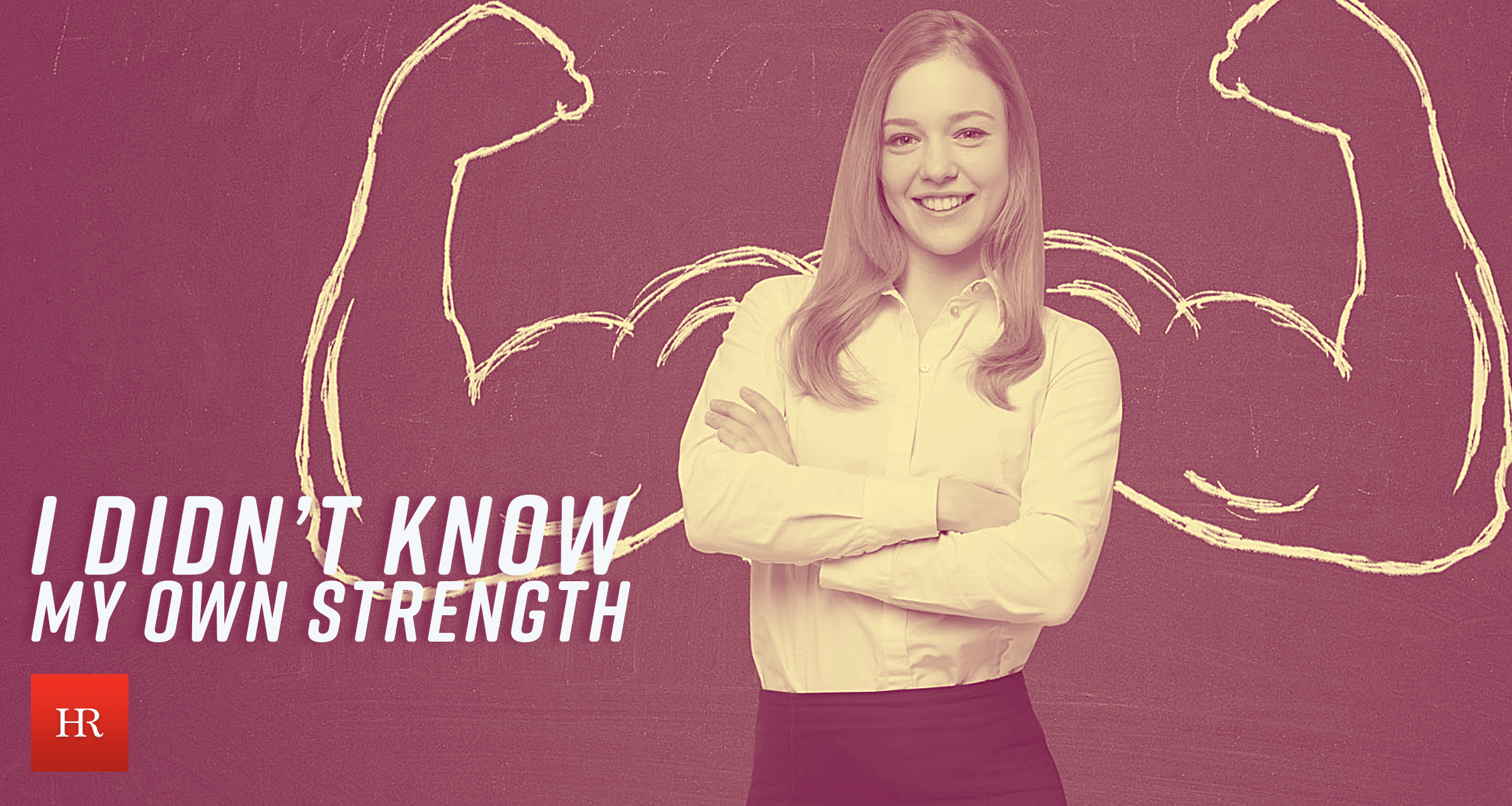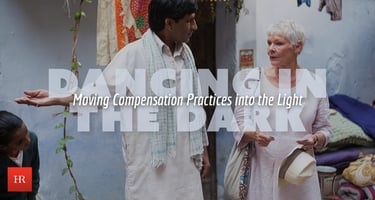Where is value placed? Relationships. There you go. That’s the end of the story. But wait. I can’t...
I Didn’t Know My Own Strength – Facing Discomfort Develops Our Critical Response
 Myopic is a fantastic word, but it’s an awful existence. We have cultivated a society mired in narrow views and a “what’s in it for me” mentality. Of course, there are altruistic endeavors that we may pursue, but often, even in those, we do what is comfortable for each of us and only for a designated period of time. We want what works for us, whether that pisses you off is not a primary, secondary or third (I think 3rd should have some sort of special word here, like the first two) consideration.
Myopic is a fantastic word, but it’s an awful existence. We have cultivated a society mired in narrow views and a “what’s in it for me” mentality. Of course, there are altruistic endeavors that we may pursue, but often, even in those, we do what is comfortable for each of us and only for a designated period of time. We want what works for us, whether that pisses you off is not a primary, secondary or third (I think 3rd should have some sort of special word here, like the first two) consideration.
Does that sound too negative? Is it making you uncomfortable? Then you are helping to prove the point. Our discomfort is to be avoided. It is human nature to want to be protected from those engagements or interactions that cause us the internal squirmmies (yes, that’s a real word…at least right now it is).
It is not unusual to have employees come chat with management or human resources to speak about how some work or work interactions are making them uncomfortable. Now, naturally, there are truly interactions that are not only uncomfortable but may also be illegal. They may be filled with discriminatory or harassing undertones. Power may be used to minimize or discredit another. These are right out. Circumstances such as this must be addressed head on and rectified quickly, even if it does make HR uncomfortable (see what I did there?). As managers of people, we have a responsibility to handle well truly harassing circumstances.
However, for all of us, an uncomfortable situation does not make it harassment. The correlation does not have to work in reverse. You may work hard to avoid discomfort, but in the world of humans, that is a near impossibility. Our character development needs us to get better at navigating discomfort. It is a critical skill that is woefully lacking, and often overly influenced by our need for self-preservation and self-comfort.
Engaging with a co-worker who is struggling with how to communicate effectively or a subordinate employee who finds their lack of experience intimidating requires us to have conversations that might lead to emotional responses or an internal assessment of some sort. These kinds of responses peel back layers of protection which will feel deeply uncomfortable. We can encourage “staying the course” with those individuals through affirmational language and true relational investment. Walk the road with those employees. Offer support and strength to get through the discomfort.
“The root of suffering is resisting the certainty that no matter what the circumstances, uncertainty is all we truly have.” ― Pema Chödrön, Comfortable with Uncertainty: 108 Teachings on Cultivating Fearlessness and Compassion
This type of development only happens through exposure to the things we want desperately to avoid. Don’t underestimate the fact that for some people what you might find “fine” hits another as if on a precipice, one step from certain catastrophic doom. Advising someone to get over it is not as good as you might think. Providing some support structures through relational investment is the deepest way to affect critical thinking development as well as emotional stability coping mechanisms. We’re influencing behaviors and thinking; it is not likely going to be a one-time ten minute conversation.
Getting comfortable with the uncomfortable is a competency to develop. We are all in this to varying degrees so that should encourage us to be supportive of one another. Offering avoidance as the primary coping mechanism is not actually coping. Walk the road with people as you encourage them to step on the path. Both of you might be surprised to see how strong you are to handle the discomfort. As people, we often are surprised at what we can actually handle.




Blog comments